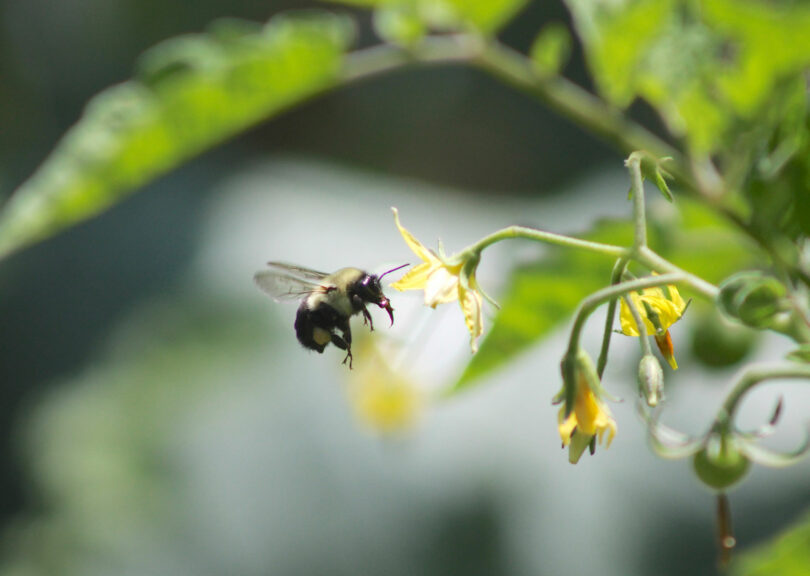By Vicki Spencer, Master Gardener
I rely heavily on the wisdom of elders to be a better gardener. It’s helped me improve my skills and appreciate that gardening isn’t just work. It can be a peaceful retreat from today’s hectic lifestyle.
Although a garden’s solitude is refreshing, experiences are usually more rewarding when shared with others. With the passage of time, I now find myself sharing experiences with younger gardeners. And I’m learning the newer generations are often the ones teaching me about the latest in plant science.
I like to think myself as being computer savvy, but there’s no denying that youth is much more eager to post ideas and seek solutions on the internet. When asked to write about grex gardening, I had to admit I’d never heard of it.
Being a creature of habit, I reached for my old, tattered Webster’s Dictionary. “Grex” was defined as a verb meaning “to grumble or complain often shrilly or scoldingly.” Some gardeners may grex after a day of weeding, but I didn’t think that was the meaning I was seeking. So, I turned to Google and found an expert.
According to Penn Parameter of Miss Penn’s Mountain Seeds, grex means “flock” and involves “a mixture of [plant] varieties growing together and encouraged to cross-pollinate.”
Rather than planting “open pollinated” seeds which have been bred to produce virtually identical plants generation after generation, the grex gardener creates hybrids from different plants within a species or genus and crossbreeds to produce new plants with beneficial traits from each parent.
In the first year, nature culls cross-pollinated seeds by eliminating plants that are less resistant to extreme weather conditions. Subsequently, the grex gardener encourages survivors to cross-pollinate repeatedly until distinctive characteristics such as color, shape and taste are detected. Then seeds with preferred characteristics are saved to plant the following season.
Year after year, genetic diversity plays out as seeds are selected from the most desirable plants, grow, and cross-pollinate with other compatible varieties.
By planting a breeding population of similar varieties, we have an opportunity to create varieties that fit our specific growing conditions and gardening styles.
Grex gardening allows us to develop plants that thrive in our specific microclimates and are compatible with our gardening habits. If you are not too particular, you can simply let the grex seed mix drift, but if you want to select specific criteria, you must be vigilant about saving seeds to grow in subsequent years.
With some time, patience and thoughtful intention, grex gardening can be fulfilling and interesting. Experiment with cross-pollinating in your garden and saving seeds over the next several seasons — you might be surprised at the results you create.
To learn more about grex breeding, look for these books at your local library or favorite bookstore: Plant Breeding for the Home Gardener by Joseph Tychonievich; Breed Your Own Vegetable Varieties by Carol Deppe.
Master Gardener Vicki Spencer has an eclectic background in conservation, water, natural resources and more.

